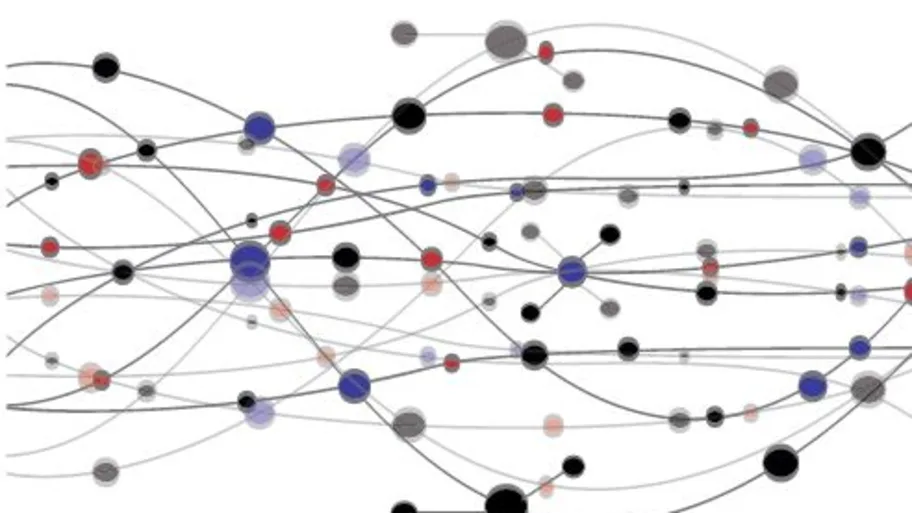
- Science news
- Frontiers news
- Fernando Cendes is new Chief Editor of Epilepsy specialty in Frontiers in Neurology
Fernando Cendes is new Chief Editor of Epilepsy specialty in Frontiers in Neurology

Fernando Cendes is the new Specialty Chief Editor of Epilepsy, a section in Frontiers in Neurology.
Epilepsy is a neurological disorder which causes people to have recurrent seizures, it is one of the most common neurological conditions which affects the life of people of all ages. Living with such a disease can affect many aspects of patients’ life and for this reason, research in this field plays a pivotal role. This is also the motivation behind Fernando Cendes’ choice of studying and doing research in this field.
What research to expect from the Epilepsy specialty

Fernando Cendes
Under Fernando Cendes guidance, this section in Frontiers in Neurology will focus on contributions and article collections that “advance our knowledge about mechanisms of epileptogenesis and disease progression.” The Chief Editor Fernando Cendes also encourages “applied research that improves diagnosis, prevention and treatment of the different forms of epilepsies.”
“There are many challenges and unsolved questions within the epilepsy field which need to be addressed to improve the life of people with epilepsy” says Fernando Cendes.
“Furthermore, it’s a condition that allows us to better understand how the brain works.”
What we know about brain function
“Much of what we know in terms of brain function comes from epilepsy-related research. For example: the mapping of brain functions by electrical stimulations during epilepsy surgery, the preoperative intracranial electroencephalogram and postoperative studies that helped us understand the anatomy and physiology of memory and language were all based on research that was linked to epilepsy,” he explains.
Going beyond the biology of epilepsy
While tremendous advances in understanding the biology of epilepsy have been made, a number of unanswered questions remain, which Fernando Cendes encourages researchers to focus on.
“These include exploring the mechanisms behind epileptogenesis to allow new disease modifying therapies, and the mechanisms of the disease progression in some forms of epilepsies as well as the biology behind comorbidities such as depression” he says.
Challenges in treating epilepsy
A challenge that Fernando Cendes hopes researchers will tackle concerns the varieties of the disorder and the differences in responses to treatment. According to Fernando Cendes “It is crucial to clarify why many patients do not respond to anti-seizure medications and why 70% of patients with pharmaco-resistant epilepsies respond well to surgical treatment, while the remaining 30% fail to have seizure control after surgery. We hope to move towards personalised medicine, to optimise epilepsy treatment”.
Register for Article Alerts to receive the latest research from Frontiers in Neurology and follow @FrontNeurol on Twitter
Frontiers journals lead in citations and rank in top Impact Factor and CiteScore percentiles. See full analysis






